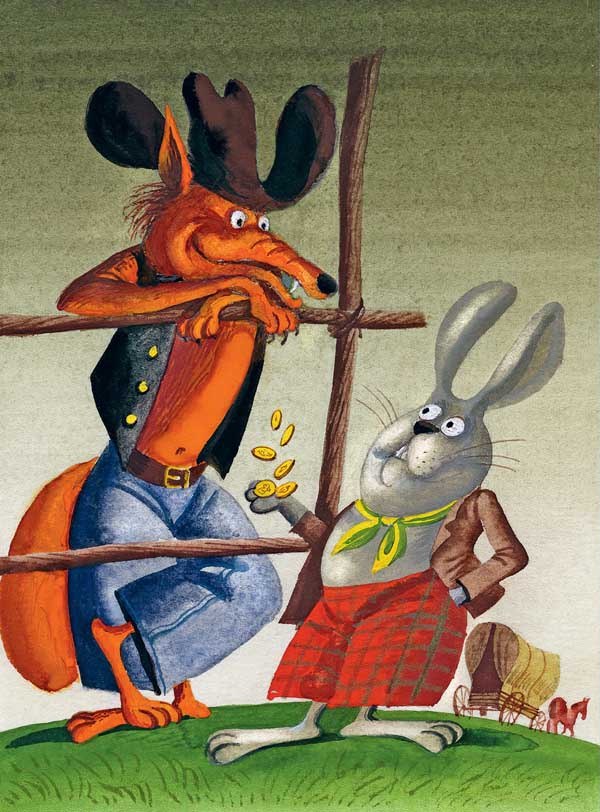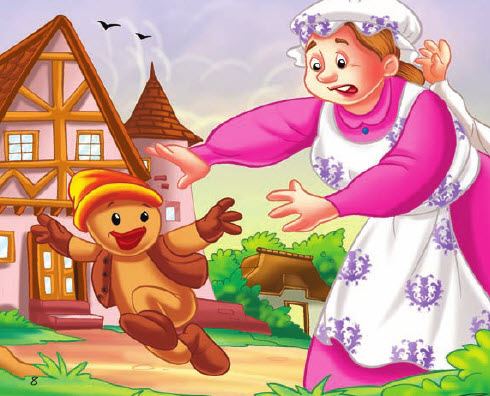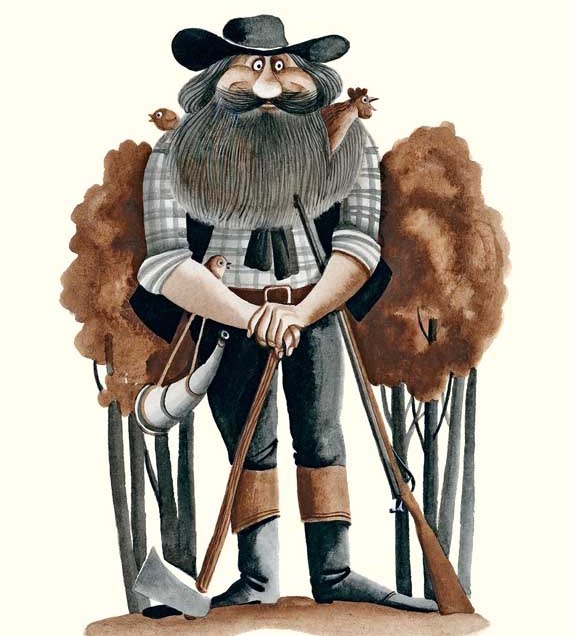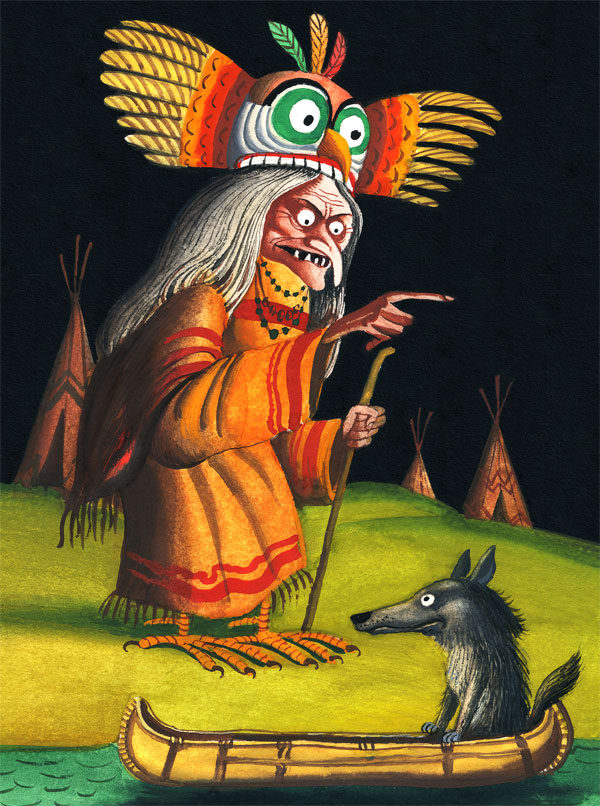United States folktales

It is unthinkingly said and often, that America is not old enough to have developed a legendary era, for such an era grows backward as a nation grows forward. The bibliography of American legends is slight, and these tales have been gathered from sources the most diverse: records, histories, newspapers, magazines, oral narrative—in every case reconstructed.
Some characters, prosaic enough, perhaps, in daily life, have impinged so lightly on society before and after perpetrating their one or two great deeds, that they have already become shadowy and their achievements have acquired a color of the supernatural.
Content
Rip Van Winkle
Catskill Gnomes
The Catskill Witch
The Revenge of Shandaken
Condemned to the Noose
Big Indian
The Baker's Dozen
The Devil's Dance-Chamber
The Culprit Fay
Pokepsie
Dunderberg
Anthony's Nose
Moodua Creek
A Trapper's Ghastly Vengeance
The Vanderdecken of Tappan Zee
The Galloping Hessian
Storm Ship on the Hudson
Why Spuyten Duyvil is so Named
The Ramapo Salamander
Chief Croton

The Retreat from Mahopac
Niagara
The Deformed of Zoar
Horseheads
Kayuta and Waneta
The Drop Star
The Prophet of Palmyra
A Villain's Cremation
The Monster Mosquito
The Green Picture
The Nuns of Carthage
The Skull in the Wall
The Haunted Mill
Old Indian Face
The Division of the Saranacs
An Event in Indian Park
The Indian Plume
Birth of the Water-Lily
Rogers's Slide
The Falls at Cohoes

Francis Woolcott's Night-Riders
Polly's Lover
Crosby, the Patriot Spy
The Lost Grave of Paine
The Rising of Gouverneur Morris
Dolph Heyliger
The Knell at the Wedding
Roistering Dirck Van Dara
The Party from Gibbet Island
Miss Britton's Poker
The Devil's Stepping-Stones
The Springs of Blood and Water
The Crumbling Silver
The Cortelyou Elopement
Van Wempel's Goose
The Weary Watcher
The Rival Fiddlers
Wyandank
Mark of the Spirit Hand
The First Liberal Church
Author of all fairy tales Charles M. Skinner




